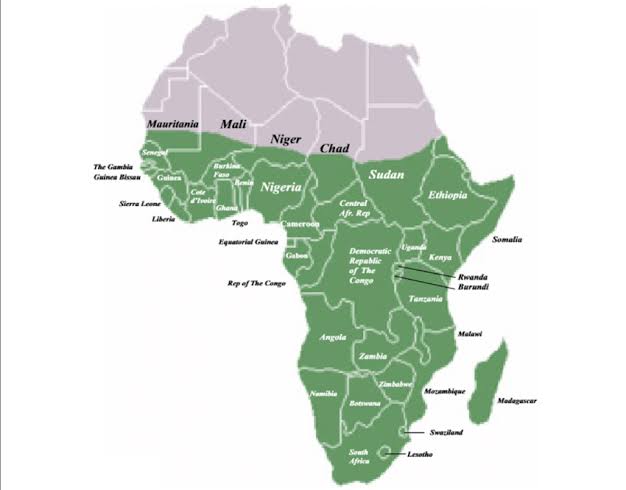The European Union has announced a significant humanitarian aid package for 2025, totaling €1.9 billion, with €510 million specifically earmarked for Nigeria and other countries in sub-Saharan Africa.
This aid package aims to address the escalating humanitarian crises expected to affect over 300 million people worldwide in 2025.
According to the European Commission, the funds will be channeled across various regions, including West and Central Africa, the Sahel, the Lake Chad basin, North-West Nigeria, Central Africa, the Great Lakes region, and the Greater Horn of Africa.
The assistance will help provide life-saving emergency aid, focusing on vulnerable populations.
EU Commissioner for Equality, Preparedness, and Crisis Management, Hadja Lahbib, emphasized the importance of ensuring safe and unimpeded access to those in need. Lahbib noted that funding alone is insufficient without adherence to international humanitarian law.
The EU’s humanitarian aid funding will support partners on the ground, including the UN family, the Red Cross/Red Crescent, and international and local organizations.
The Middle East and North Africa will receive €470 million, with €375 million focused on the Middle East, particularly Gaza, and €95 million allocated to North Africa and Yemen. Ukraine will benefit from €140 million, with an additional €8 million directed towards humanitarian projects in neighboring Moldova.
Other regions will also receive significant aid, including Latin America and the Caribbean, which will receive €113 million to address crises in Venezuela, Colombia, Haiti, and other conflict zones. Asia and the Pacific will receive €182 million, targeting the Myanmar crisis, its impact on Bangladesh, and the situation in Afghanistan.
The EU has also reserved €295 million for emergency responses to unforeseen crises and €110 million for innovative projects and capacity-building initiatives.
Since 1992, the European Commission has provided humanitarian assistance in over 110 countries, delivering aid through partnerships with UN agencies, the Red Cross/Red Crescent, and international and local organizations.
In addition to this aid package, Nigeria has also received separate humanitarian assistance from the EU, including €1.1 million to aid flood relief measures.








